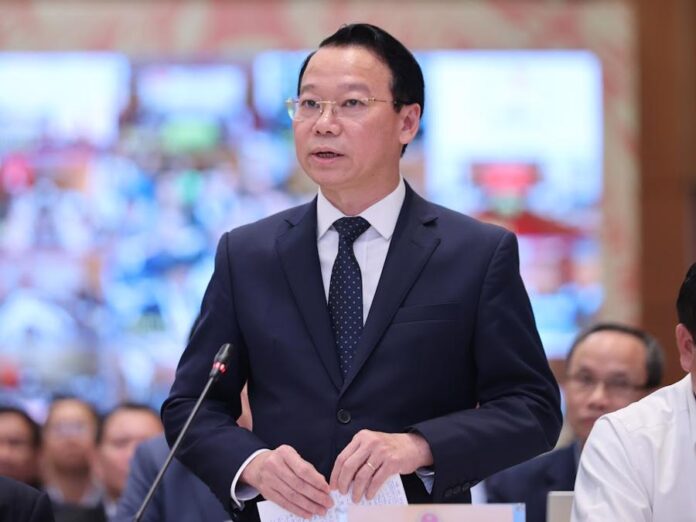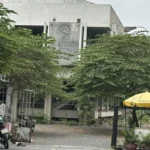In a recent discussion with businesses and enterprise associations, Minister of Agriculture and Environment Do Duc Duy addressed a pressing issue regarding the effective implementation of Resolution 68-NQ/TW on the development of the private sector. He highlighted a significant new element in the recent resolutions of the National Assembly and the Government, which mandates local authorities to allocate land in industrial parks (a minimum of 20 hectares or 5% of the area) for high-tech and small- and medium-sized innovative enterprises.
Streamlining Land-Related Procedures
“This regulation is intended to facilitate businesses’ access to land with existing infrastructure, reducing investment time and costs,” Minister Duy asserted. He assured that the Ministry would closely coordinate to elaborate on this content in guiding documents, providing the best support for enterprises.
Regarding the challenges faced by enterprises in Decree 71 (land pricing) and Decree 103 (determining financial land obligations), Minister Duy shared that the Ministry is developing an amended decree, expected to be issued by the Government and take effect from July 1. The Ministry has worked with the Ministry of Finance to incorporate these issues into the new decree.
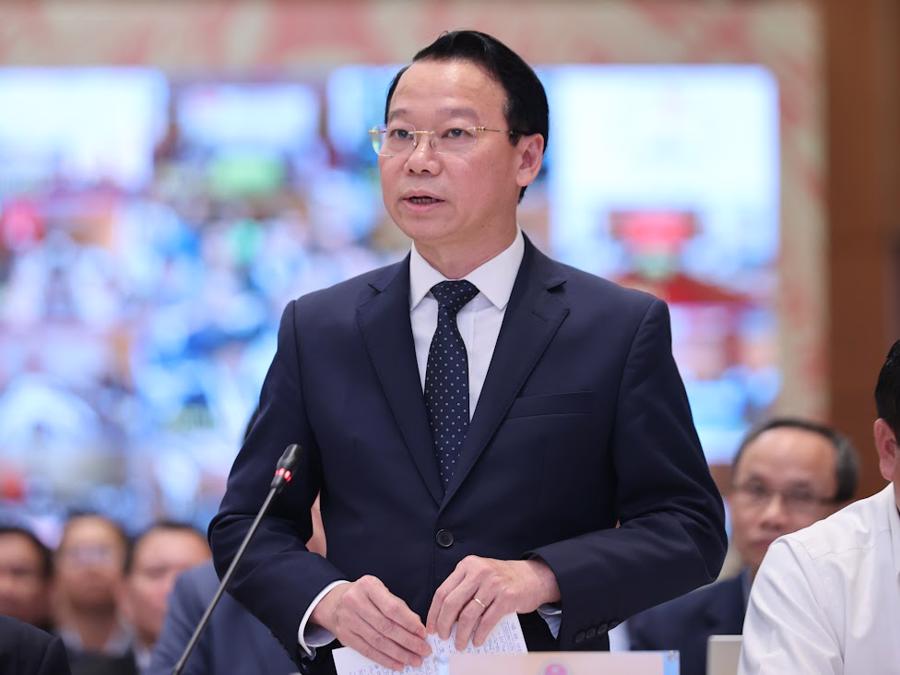
On the topic of land access for private hospitals, Minister Duy clarified that, according to the 2024 Land Law, land allocation in urban areas is typically done through auctions (for cleared land, with a one-time lease payment) or bidding (for land that has not been cleared or for annual lease payments). To address the confusion among local authorities and provide greater flexibility, the Ministry is drafting a decree on decentralization, expected to take effect from July 1. This decree will transfer the authority to decide on land allocation without auctions or bidding from the Prime Minister to the provincial People’s Committee Chairpersons, making it easier for investors, including private hospitals, to access land through designation.
The Minister also acknowledged the proposals from high-tech agricultural enterprises, such as ThaiBinh Seed, and assured that there would be direct meetings to address their concerns comprehensively. Issues related to land use fees, amendments to the Law on Planting, and the Law on Plant Protection and Quarantine will be resolved according to their authority or reported to the Government. In the long term, the draft Law amending and supplementing 17 specialized laws on agriculture and the environment is expected to be submitted to the National Assembly in October, comprehensively addressing all shortcomings.
Administrative Reform and Promotion of PPP Projects
In response to the enterprises’ recommendations and proposals, Minister of Construction Tran Hong Minh shared that the Ministry of Construction has implemented 13 laws, over 30 decrees, and more than 100 circulars to reform administrative procedures and promote decentralization. “We have cut down on 134 out of 417 business conditions and 128 out of 361 administrative procedures, achieving a 31% reduction. We are now working on Step 2, aiming to reduce administrative procedures by 50%,” said Mr. Minh.
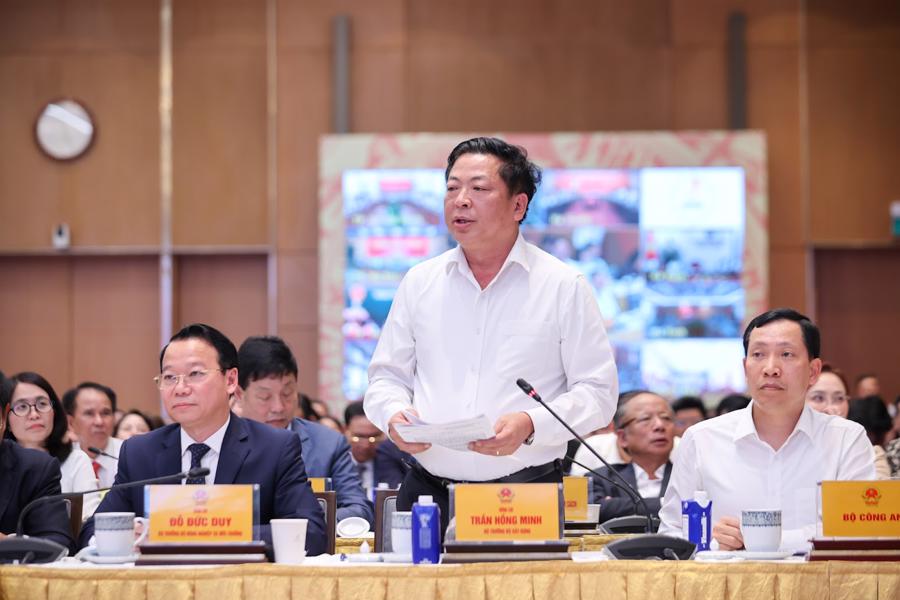
Additionally, the Ministry of Construction has proposed to the Government to allow enterprises to invest in large-scale infrastructure projects through Public-Private Partnerships (PPPs). This includes 26 expressways (approximately VND 5,242 million billion) and national and urban railway projects (approximately VND 5,087 million billion) by 2035, alleviating the burden on the state budget. PPPs are also encouraged for port, waterway, and inland waterway projects and the upgrading of airports.
Minister Minh agreed with the enterprises’ suggestion that local authorities and ministries should meet with businesses regularly, at least twice a year, to listen to their feedback. Regarding the application of composite or independent unit prices in construction, he suggested that it depends on the specific items.
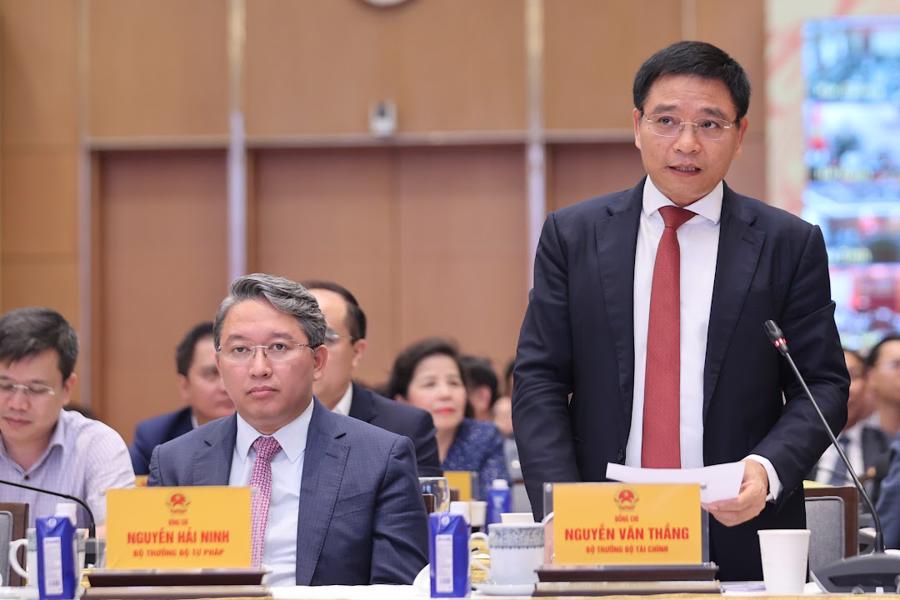
Minister of Finance Nguyen Van Thang affirmed that the Party and State have never paid more attention to the private sector than they do now. However, this also comes with great responsibility to achieve the country’s development goals. He assured that they would promptly elaborate on the groups of solutions and three breakthrough strategies in Resolution 68. The Minister added that the priority is to soon submit to the Government for issuance to bring policies into life.
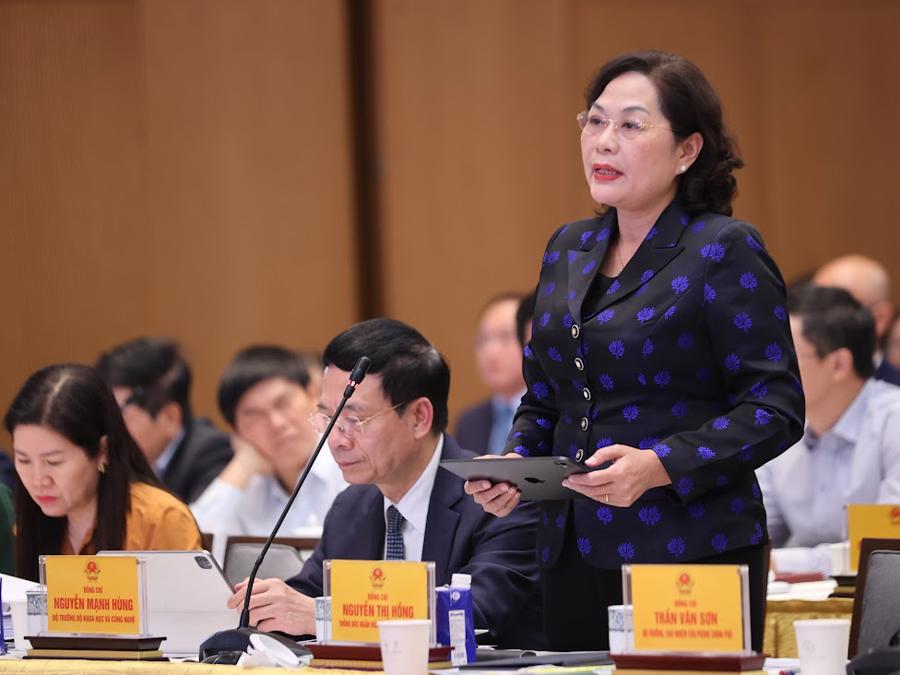
Governor of the State Bank of Vietnam, Nguyen Thi Hong, shared that the private sector’s credit balance accounts for 92-93% of the total outstanding credit, reflecting the sector’s development and the banking system’s efforts. However, she pointed out the challenge of small and medium-sized enterprises (accounting for nearly 98%) accessing only less than 20% of the total outstanding credit, partly due to their small scale, limited governance capacity, and lack of transparency. Therefore, the banking sector will continue to accompany enterprises and hopes that the Government will direct more practical policies on loan guarantee and develop other financial market segments.
Regarding interest rates, Governor Hong affirmed that the banking sector has made efforts to reduce lending rates, with a total support value of VND 60,000-70,000 billion from credit institutions’ resources. She also recognized that shortening investment and business procedures would accelerate capital turnover, creating conditions for banks to reduce interest rates. She emphasized that the State Bank must conduct monetary policy to control inflation and stabilize the macro-economy, a challenging but crucial task for the business environment.
The City of Ho Chi Minh Introduces Short-Term Land Lease Procedures
The People’s Committee of Ho Chi Minh City has issued Decision 71/2025/QD-UBND, outlining the process and procedures for leasing land and associated assets managed by the Ho Chi Minh City Land Development Center. This decision, effective from June 5, 2025, provides a comprehensive framework for short-term rentals, offering clarity and transparency to all stakeholders involved.
“Online Accessibility: Seamless Digital Journey for Businesses in the Construction Sector.”
The Ministry of Construction’s Administrative Reform Plan for 2025 aims to revolutionize the way the government operates. With a sharp focus on institutional reform, we are streamlining administrative procedures, reorganizing the government’s structure, and overhauling public financial systems. But we’re not stopping there; we’re also driving the development of a digital government, harnessing the power of technology to create a more efficient, effective, and transparent administration.
“Vietnamese Private Sector: No Need for Praises, Just Treat Them as the Norm”
The private sector in Vietnam has faced numerous challenges, but the introduction of Resolution 68 has been a game-changer. This pivotal resolution has unlocked a world of opportunities, acting as a key to overcoming obstacles and paving the way for remarkable growth and transformation within the private sector. It has truly been a catalyst for shaping the nation’s economy and fostering a thriving business environment.

